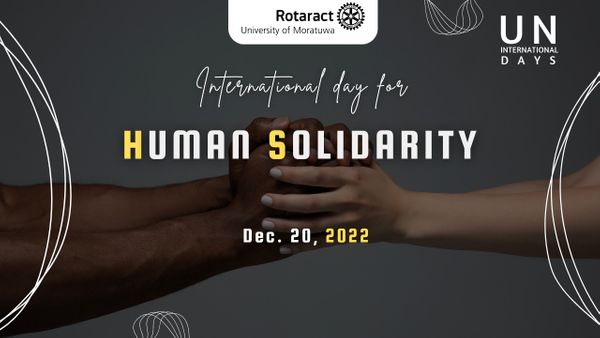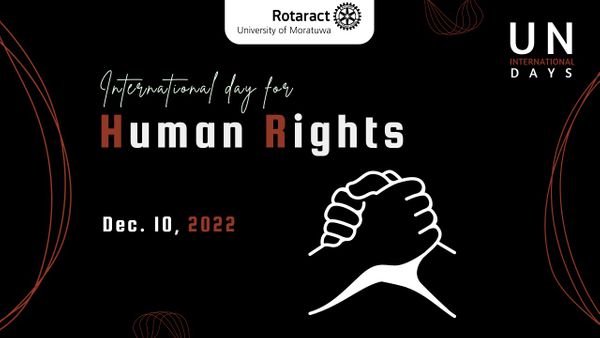X-Press Pearl: The monstrous disaster happened to the Sri Lankan coastline...
My beloved motherland is gifted with a blue-colored ocean surrounded by her, rich with a marvelous coral bed and a variety of aquaculture. This unfortunate incident leads to putting danger to that valuable treasure in Sri Lanka. It is the worst ecological disaster in Sri Lanka's history, as the side effects and the harm caused are yet to be measured.
It was the 20th of May 2021. The two-month-old vessel called X press pearl was at an anchorage 9.5 nm (nautical miles) off Colombo Harbor coming from India. It caught on fire caused by a chemical reaction due to alleged inadequate cargo packaging. The ship was carrying 1,486 containers, including 25 tons of nitric acid, about 78 tons of plastic pellets, and other hazardous cosmetic material. Even though vessel authority states that all precautionary steps were taken to contain the fire, it flared repeatedly. The help of the Sri Lanka Ports Authority (SLPA), Sri Lanka Navy, and the Sri Lankan Airforce, which dropped fire-suppressing powder on the vessel, was in vain. The situation onboard the vessel seems to worsen with reports of an explosion on the 25th of May. Twenty-five of all Crew members were evacuated with the help of our Navy. Two of them were safely admitted to the Colombo hospital. Freight containers were falling off the ship. Seven such containers were submerged while one washed ashore. Ocean currents and strong winds were escalating the fire. The fire was only controlled after the support given by India on the 27th of May. Our country couldn't handle the fire due to the lack of an emergency response system, lack of safety procedures, relevant expertise, and lack of tools and equipment. All fishing activities in the affected sea areas are suspended immediately. From Panadura to Negombo, hundreds of fishermen had lost their livelihoods.
After 12 days, The private salvage team had started to tow the ship to deep-sea as instructed by the President of Sri Lanka. MV X-Press Pearl has started to sink there on very morning, in line with the Navy. The ship's aft portion is sitting on the seabed at a depth of about 21 meters, and additionally, the forward section continues to settle down slowly. Navy divers attempted to examine the vessel under the direction of salvors but were forced to resurface because of poor visibility. Towing the ship to the deep sea to prevent any oil leakage was abandoned since the vessel was submerged in water, leaving the vessel stranded among the seabed. The main reason behind this was the severe damage caused by the fire.
Then began to appear the bizarre side effects of this disaster. On the 6th of June, Over ten turtles, dolphins, seabirds, a whale, and several other fish were found dead on the beach. According to Charitha Pattiaratchi, a professor of oceanography at the University of Western Australia, 78 metric tons of plastic called nurdles were among the ship's dangerous goods. Endless piles of plastic pellets can already be seen onshore. Although the pellets and other waste are being collected, a substantial part is going to be left behind. It is such a disaster to see that the blue-colored beach rich with tiny crabs and seashells now become a black horror oil covered with plastics. Some possible short-term consequences of marine pollution include fish kills and affected hatching, health, and socioeconomic impacts. In contrast, the long-term consequences include bio magnifications, micro, and nano plastics, and also the effects on the food web.
The impact on biodiversity and the ecosystem are yet to be estimated. Several reefs located in the affected area rich with fauna and flora are seriously affected. The valuable, sensitive ecosystems such as coral reefs, seagrass beds, estuaries, lagoons, and beaches where turtles frequently nest can be destroyed if necessary steps aren't taken immediately. There is a threat of acid rain due to severe air pollution. The remains of 4 large whales, 176 turtles, and 20 dolphins have been found since then. It's a heart-wrenching scene to watch the bodies of dead animals washed up along the coastline. During the incident period, many turtles were found with burnt injuries. Eventually, most of the animals died because of the harsh chemicals and the plastics. The pellets could choke marine wildlife, block their digestive tracts and, ultimately, starve them to death.
We are in a third-world country sitting on an immeasurable treasure and yet suffer. The ecosystem in the coastline is one of the main ones. If we haven't learned from this disaster and correct our emergency response mechanism, we will lose this rich biodiversity to the whole world. There should be a dedicated unit for this kind of incident with facilities at the Marine Environment Protection Authority, including ship facilities, to engage in ocean incidents without harming the coastline. It is vital to take necessary international conventions before the next disaster. Scientific decision-making should be respected regardless of any political party.



